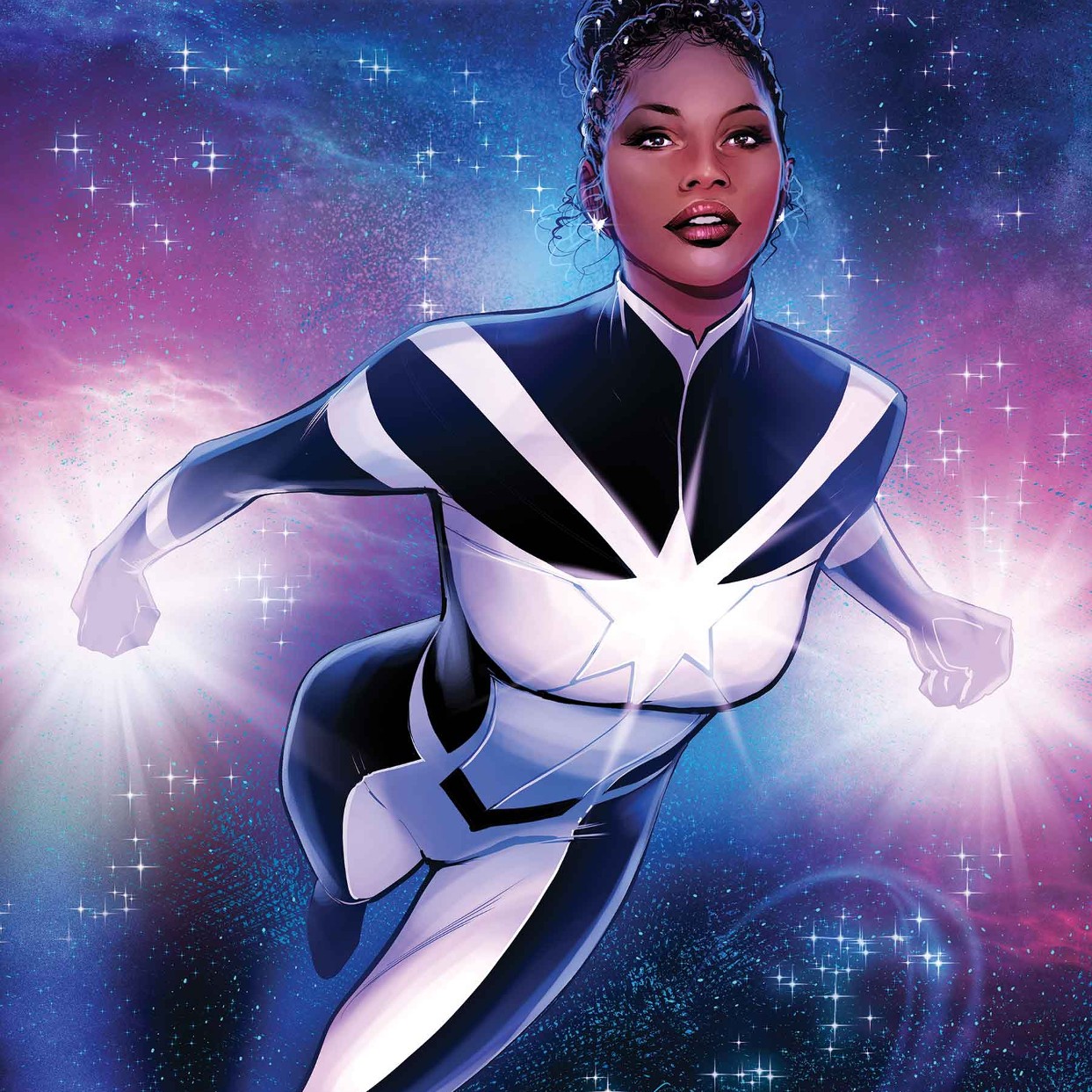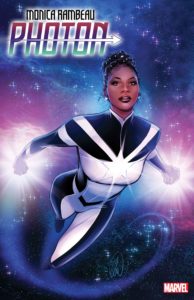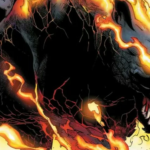
 The Marvel of Many Names finally headlines her own title (with an asterisk) in Monica Rambeau: Photon #1.
The Marvel of Many Names finally headlines her own title (with an asterisk) in Monica Rambeau: Photon #1.
Before I proceed any further, touting Photon as the first comic to feature Monica Rambeau in a lead role is technically incorrect, as she did headline a couple of Captain Marvel one-shots in the past and even led the Avengers for a spell in the Eighties. But unlike those examples, Monica Rambeau: Photon is the first series to unambiguously place Monica at the forefront after decades of her mostly serving as a stalwart supporting teammate in other titles. With her increasingly focal presence in the Marvel Cinematic Universe, it makes sense for the comics side of things to reflect her esteemed legacy as one of the company’s most beloved —though often underappreciated— characters. Does issue one live up to the hype?
Photon #1 is, ironically, something of a slow start for one of the world’s fastest heroes. We get a tease as to who (or what) Monica will ultimately be fighting as it progresses, but writer Eve L. Ewing spends most of these first pages reacquainting readers with Monica with her history and corner of the world. She’s a family-focused New Orleans native who became a living embodiment of light; a classic case of a superhero whose kit reflects who they are as a person. But just when carrying the weight of the world on her shoulders starts feeling like too much, a low-level villain faces her with an ominous warning: she will destroy the universe. Uh oh!
While I do appreciate the care and attention Ewing takes with conveying why we should care about this particular Monica-fronted story before cutting to the chase, Photon #1 does suffer from what I describe “syndrome #1,” when the first issue of a new series alludes to a plot or overarching story but doesn’t give the reader enough of a hook to latch onto for further installments. I will keep reading as a fan of the character, to be clear, but this issue more or less ends with a shrug rather than a call-to-action for the audience. Her response to hearing she will doom the world? She flies off into space… and that’s it. No greater hint as to what threat she’s up against or what she intends to do about it. Number ones are difficult because you (theoretically) have to tell a complete story within twenty-odd pages that leaves the reader feeling satisfied, but also establish what can be expected from the series moving forward. (I still maintain that 2020’s X-Factor #1 did this perfectly!) I just think that this issue could have used a little more urgency in its pacing to do the character justice.
But to Ewing’s credit, she absolutely does hit the target with Monica’s voice here. It’s subtle, but she invokes the “black lady therapist” trope that’s emerged over the past few years through Monica’s struggles to keep her family together, offer her fellow heroes wisdom, and overall just kick bad guy ass when necessary. Monica even alludes to the possibility that she herself may need a therapist through narration. Black women are disproportionately more prone to burnout and stress than other demographic groups, and I think Monica would be a fascinating subject to express this through — if that’s Ewing’s intention, of course. But I think all the pieces are there to at least read this series through that lens as it continues, and it could really prove to be something really special by the end. (Maybe that is the ultimate villain here? Depression?)
The art of this issue definitely boosts Ewing’s script as well, with Luca Maresca & Ivan Fiorelli’s clean linework and Carlos Lopez’s bright colors, which you would expect for a character who can turn herself into the literal spectrum. (Speaking of which, it seems “Photon” is the name they’re finally settling with for her after the first Captain Marvel film revealed it was her mother’s callsign in the USAF? RIP to her “Spectrum” era.)




